Cox's Bazar, July 14 (V7N) – Despite repeated international promises and visits by top global officials, no concrete progress has been made in repatriating the 1.5 million Rohingyas currently residing in Bangladesh. Nearly seven years after fleeing genocide in Myanmar, their dream of returning home remains elusive.
Earlier this year in March, UN Secretary-General António Guterres visited the Rohingya camps in Cox’s Bazar. Yet, the visit yielded no tangible result, and the situation remains unchanged.
Youth Hopeful but Leaderless
Speaking to several young Rohingyas in the camps reveals a strong desire to return to Myanmar — but with dignity, rights, and safety. Many express disappointment over the lack of unified leadership among the Rohingya community. Attempts to mobilize have been short-lived, and credible voices are often silenced.
“We want to go back to our country, but no one is leading us properly. When someone tries, they are either forced to stop or worse,” said a young Rohingya university graduate living in Kutupalong camp.
The assassination of Rohingya leader Muhibullah in 2021, who was known for organizing peaceful repatriation efforts, created a leadership vacuum that has yet to be filled.
New Hopes Amid Challenges
In recent months, some initiatives have emerged to revive the repatriation demand. The Rohingya Committee for Peace and Repatriation, led by Chairman Deel Mohammad, is working to unite the community around a peaceful return.
"Our country is Arakan. This country is not ours. We are grateful to Bangladesh, but we want to go home with legal rights," said Deel Mohammad. He called on the UN and international governments to act swiftly.
Maulana Abdur Rahim, another Rohingya leader, added, "I urge the world community—please make it possible for us to return safely so that we never have to become refugees again."
A Growing Population and Shrinking Hope
The government reports that approximately 30,000 Rohingya children are born every year in the camps. With resources stretched thin and host community resentment growing, the urgency for a sustainable solution has never been greater.
Despite mounting pressure on global forums, Myanmar’s military junta remains unresponsive to repatriation plans. Diplomats and observers say without strong international action, the crisis will continue to deepen.
Meanwhile, educated Rohingya youth continue to dream of normalcy—a life beyond fences and food rations, a future beyond statelessness. But for now, that future remains uncertain.
END/RH/AJ



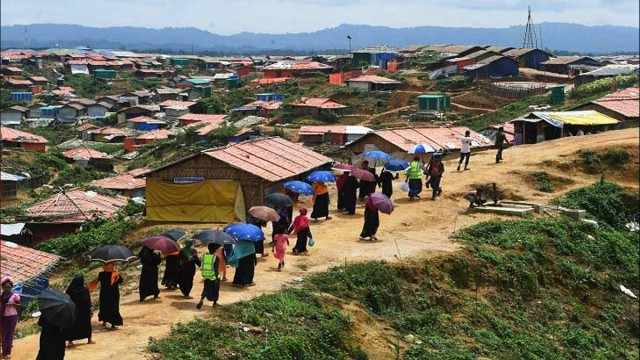
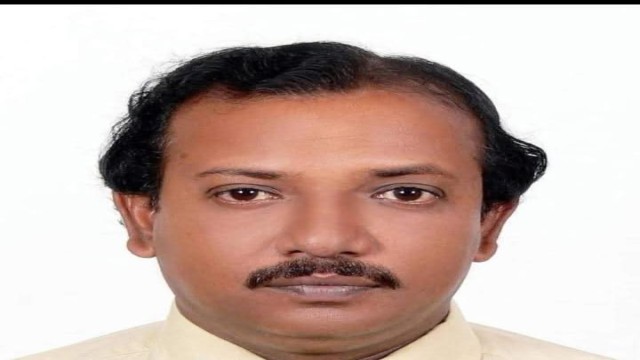


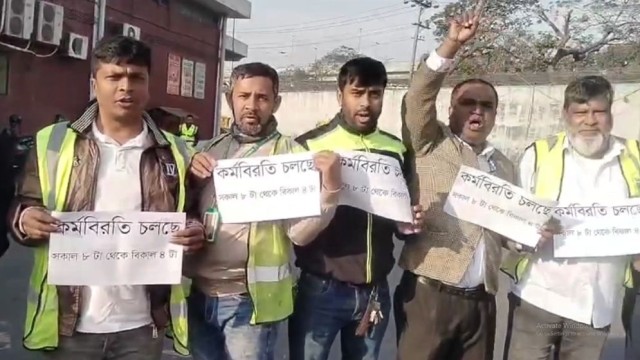
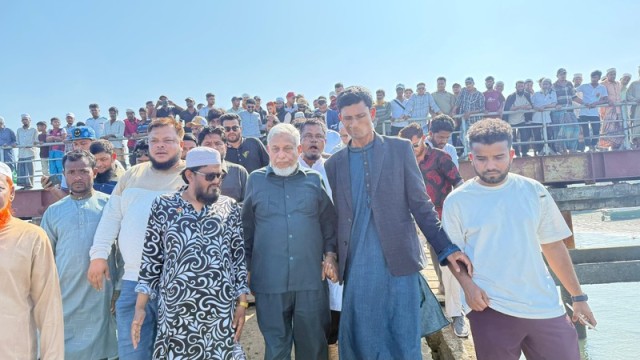
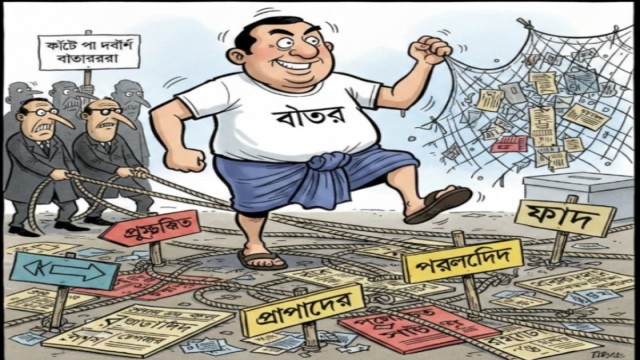
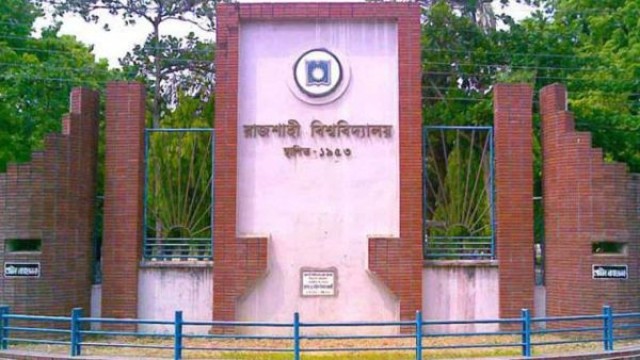
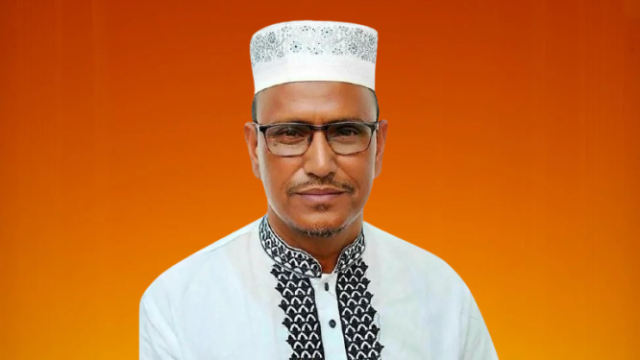
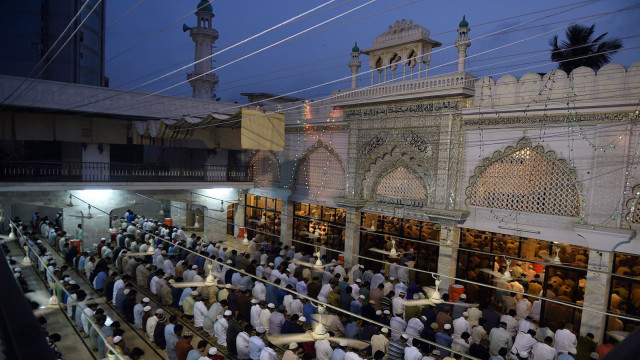


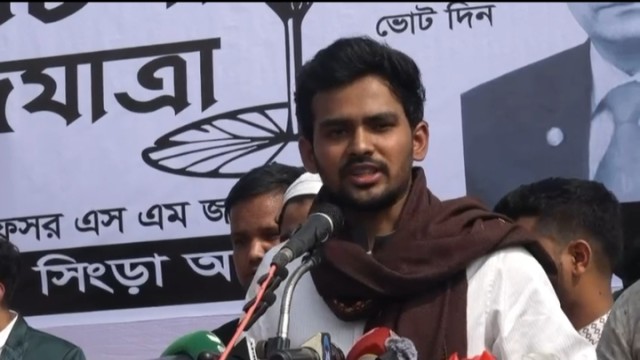
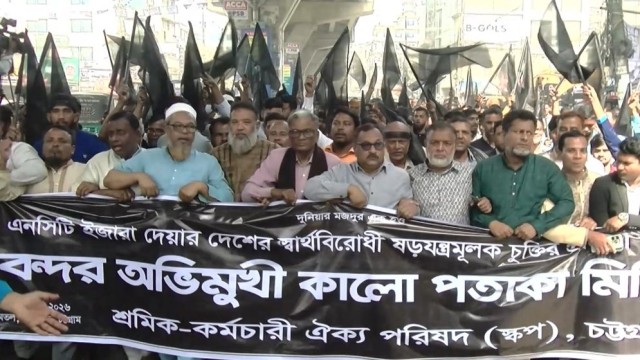









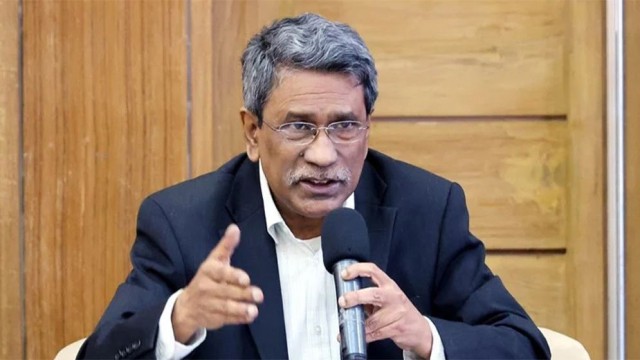
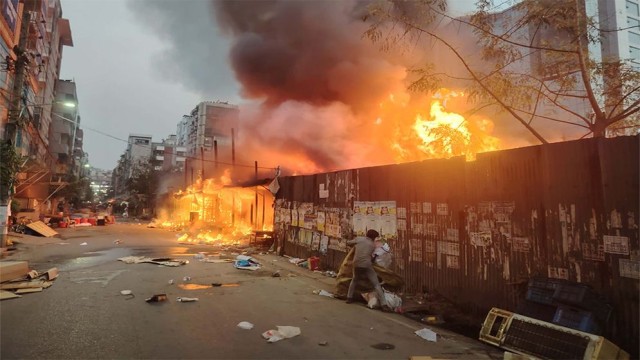
Comment: